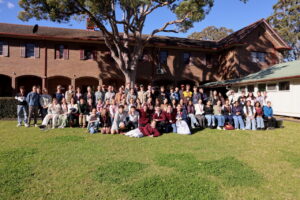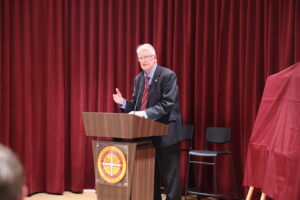Les Murray: Common Man, Extraordinary Poet
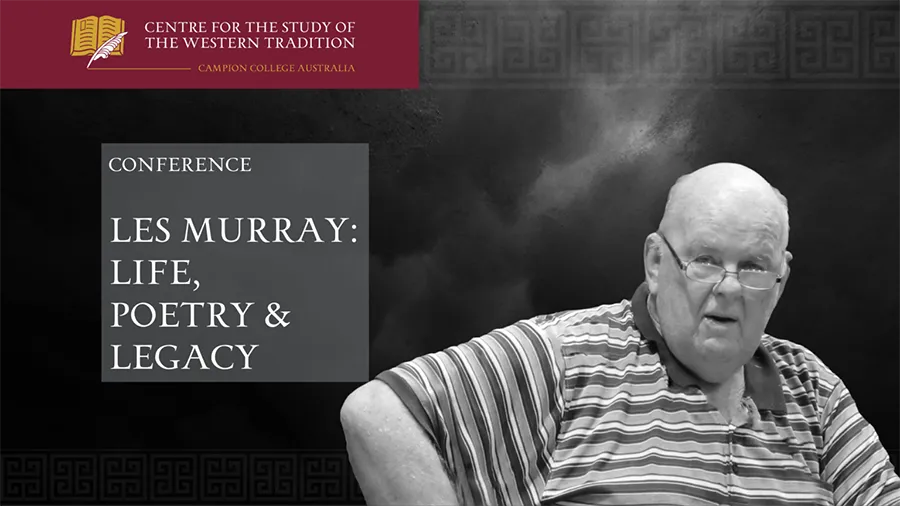

Dr Stephen McInerney
Centre for the Study of the Western Tradition Director
In the early 1980s, the Russian poet and future winner of the Nobel Prize for Literature, Joseph Brodsky, said of Les Murray that "he is, quite simply, the one by whom the language lives”. In the same period, Thomas Kenneally called Murray “one of the greatest poets in the English-speaking world”.
A decade later, David Malouf would call him “the most naturally gifted poet of his generation”. But as his friend the poet Jamie Grant has said, Les is not only the greatest poet Australia has produced, he is its greatest writer.
He was also much more - a husband, father, friend, editor, and a man of deep faith who dedicated his works to the glory of God, while also conducting literary and cultural battles in the country’s major newspapers, on topics ranging from the Republic to the media’s mistreatment of outspoken women.
It is this complex mixture of the personal and the public that is most difficult to capture when assessing his legacy. And for those of us fortunate enough to have met Les and corresponded with him, it is almost impossible now to separate the person from the poems, and the public image from the private man. We must take him as a whole.
I started to read his poems when still at high school. When I met him a few years later, he signed a copy of his Collected Poems for me, writing: “To Stephen, with warm encouragement”.
Six years later, after we had read together in Canberra, he gave me a copy of Poems the Size of Photographs, in which he wrote: “To Stephen, friend and good poet”.
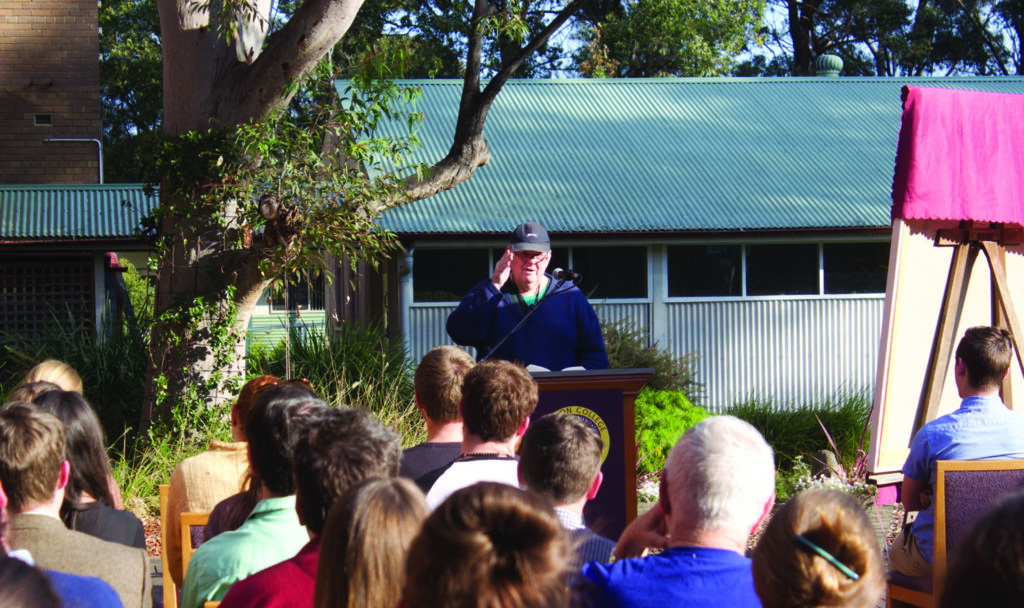
Les Murray reads some of his poetry at Campion College Australia.
Between-times he’d rejected, then accepted, my poems for Quadrant, then asked for more, and along the way we came to know each other. Les’s endorsement meant the world to me, but so over the years did his ‘try again’ notes.
Although I felt privileged receiving his praise and his criticism, I knew that he was generous with his time and advice to many writers from all over the world.
Les never gave praise just to be kind, but he was never unkind in his criticism. He cared deeply about poetry, which is why he told young poets the truth about their poems, but he also cared deeply about people, and respected their dignity, irrespective of who they were.
This was because he opposed all forms of relegation. Having been ostracised at high school, he was sensitive to the effects on others of feeling left out and harassed.
For him, the margins were the centre, the background was the foreground, and the smallest, most inconspicuous, out-of-the-way detail mattered because it formed part of a created order infused with divine love and honoured by divine regard.
Writing of the emu, he says that it possesses, like God, the “everywhere focus of one devoid of boredom”. He refers to the same quality elsewhere as “equanimity”, “Like God’s attention. Where nothing is diminished by perspective”.
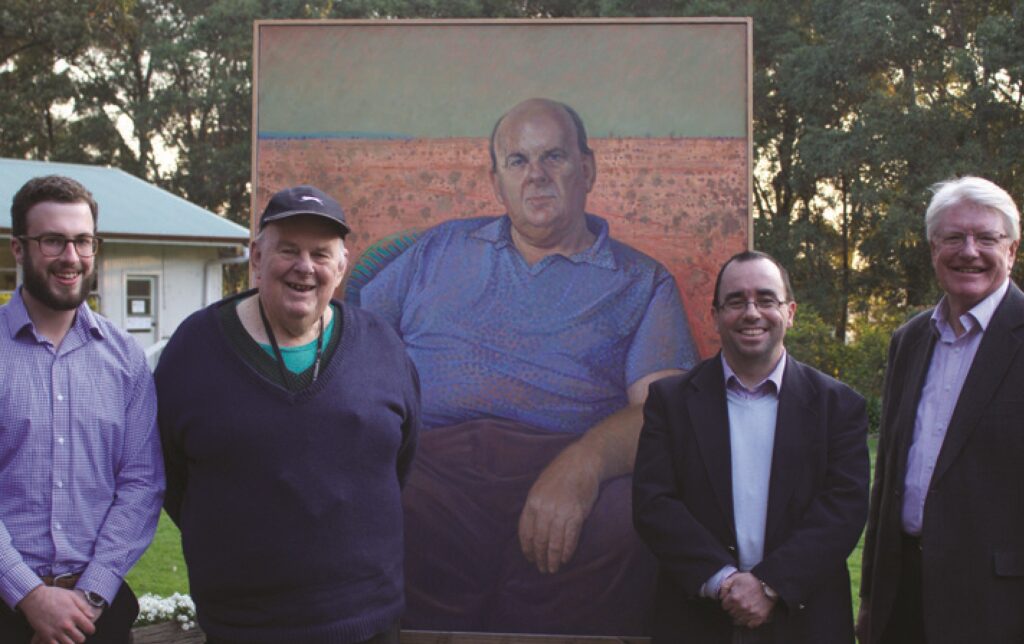
(L-R) Student Sam Rebbechi, Les Murray, Campion president Paul Morrissey and board member Karl Schmude with a painting presented to Murray.
This is the animating philosophy of his work. It is deeply Christian, deeply human, and needed today more than ever.
Three years on from Murray’s death, it feels as if Australia has yet to come to terms with the “detailed extent” of Murray’s own achievement.
In part, I imagine, this is because, for all his extraordinary gifts, and the level of international regard that exceeded all other Australian writers, including Patrick White, Les was a common man.
Although he was fully aware of what he had achieved, and did not feign false modesty, and although he mixed easily with the world’s greatest writers at home and abroad, he was humble, generous and decent.
To honour him and his achievement, on Saturday 24 September, Campion College’s Centre for the Study of the Western Tradition is hosting a one-day conference. We will hear from poets, scholars, and Murray’s friends about what his life and work has meant to them.
The influence of Catholicism on his work will be considered in a number of papers, as will his exploration of topics such as disability. The day will include readings from his work and reminiscences on his life. The conference is open to the public.
We would love to see you there.
This article originally appeared on The Catholic Weekly on Thursday 4 Aug 2022.

